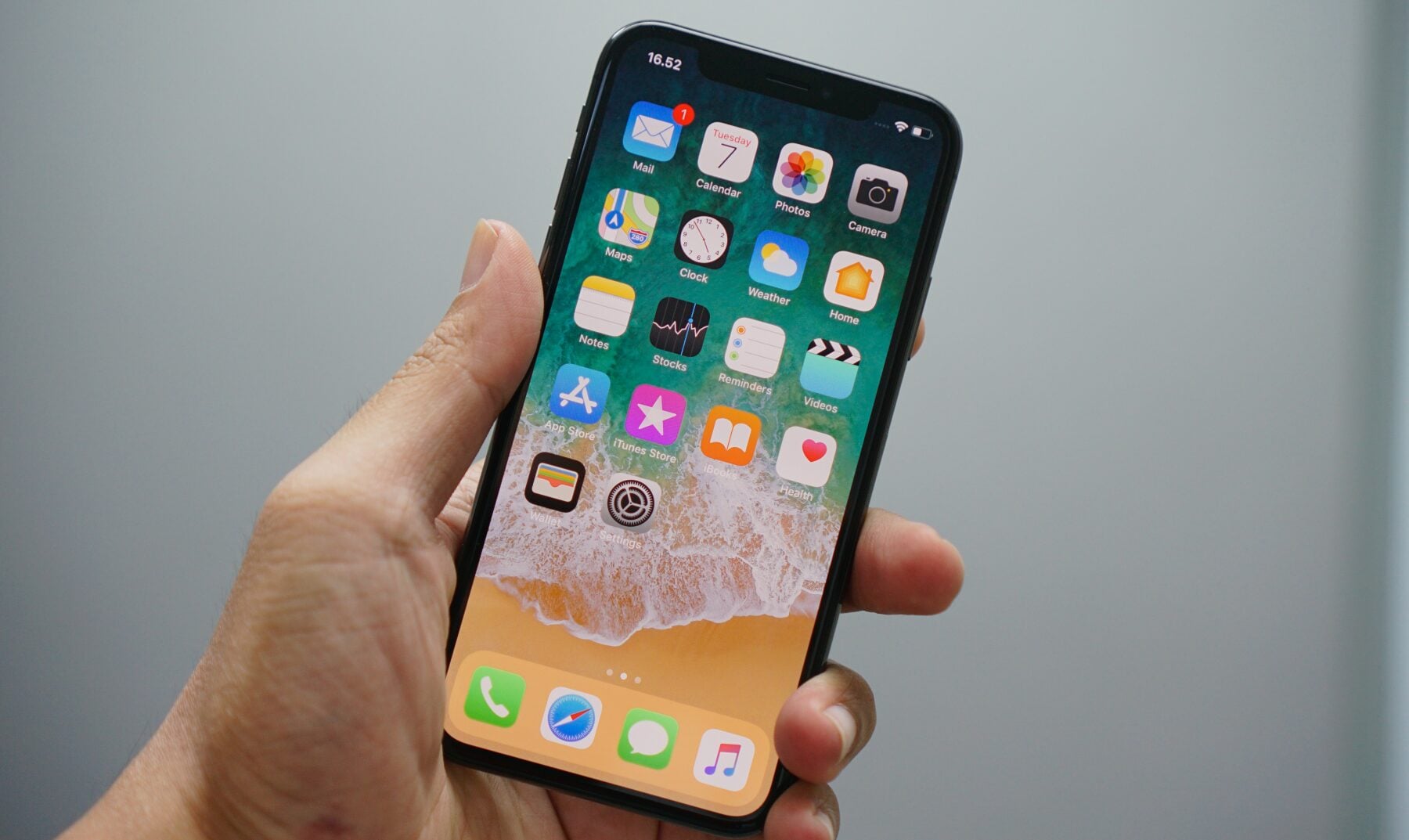Musi's Legal Battle: Streaming App Takes on Apple

In a twist that seems ripped right from the pages of a Hollywood script, a little-known music streaming app named Musi is taking on the tech giant Apple in a legal showdown that could only be made more dramatic by a villainous soundtrack. This Canadian-based service, often described as the darling of the teenage demographic, has found itself in hot water after Apple unceremoniously yanked it from the App Store citing—wait for it—alleged “intellectual property infringement.”
Now, to the average reader, this might sound like your run-of-the-mill tech beef, but dig a little deeper, and you’re left with a classic tale of David versus Goliath, complete with outrage and a hint of caustic humor. Musi, which has never exactly played by the conventional rules of the music streaming game, filed its lawsuit on October 2. Essentially, they’re accusing Apple of breach of contract and—here's the kicker—breach of good faith and fair dealing. Because what could be more entertaining than a courtroom drama unfolding over a music app? Perhaps a chat show with ex-lovers who have unfinished business?
Musi’s unique proposition is that it doesn’t deal with pesky licensing agreements or curated playlists—the app merely allows users to stream audio from YouTube videos through its own rather charming interface. If that sounds like a recipe for controversy, you might be onto something. According to the illustrious folks at Wired, the Musi app has racked up a staggering 66 million downloads since it hit the virtual shelves, with a boisterous 8.5 million downloads in just this year. Imagine a high school where 80% of the students are streaming their favorite tunes through Musi instead of, say, focusing on Algebra. It’s practically a social phenomenon!
Now, to address the elephant in the courtroom: the ads. Yes, Musi serves ads when users open the app but reassures them with uninterrupted audio streaming—an impressive feat, considering how often our attention spans tend to be interrupted by, well, anything! For a mere $5.99, those ads can be rendered obsolete. What a deal, right? Unfortunately, Musi's business model has raised quite a few eyebrows in industry circles, leading some to openly question its legality.
Adding to the dramatics, Musi’s founders originally attracted investment interest in the Canadian edition of Dragon’s Den. But in an ironic twist, fashion mogul Joe Mimran pulled out once he got a whiff of the legal chaos lurking beneath the app’s shiny facade. “As enticing as the concept was,” he lamented, “the legal groundwork was far from buttoned down.” Such foresight—who knew that navigating intellectual property would be more complex than choosing an outfit for a first date?
In an amusingly terse complaint against Apple, Musi claimed that the app was removed based on a five-word complaint dated July 29, 2024, from none other than “YouTube Legal.” Talk about a cliffhanger! Musi argued that despite reaching out to YouTube for clarification, they were met with radio silence—or perhaps more like the annoying echo in an empty room. With communication breaking down faster than a sitcom relationship, Musi's legal team insists they clarified the app's operational nuances, claiming they merely facilitate access to YouTube's publicly available content. You really can’t make this stuff up!
But wait, there’s more! According to Musi, Apple was fully aware that YouTube hadn’t responded to their inquiries when it decided to cut the app loose. Now, the case is in the capable hands of Judge Nathanael M. Cousins, who undoubtedly has some riveting courtroom drama lined up. If you thought streaming music was just about melodies and beats, welcome to the wild, wild world of tech law—where the stakes are as high as a teenager’s playlist on repeat!

